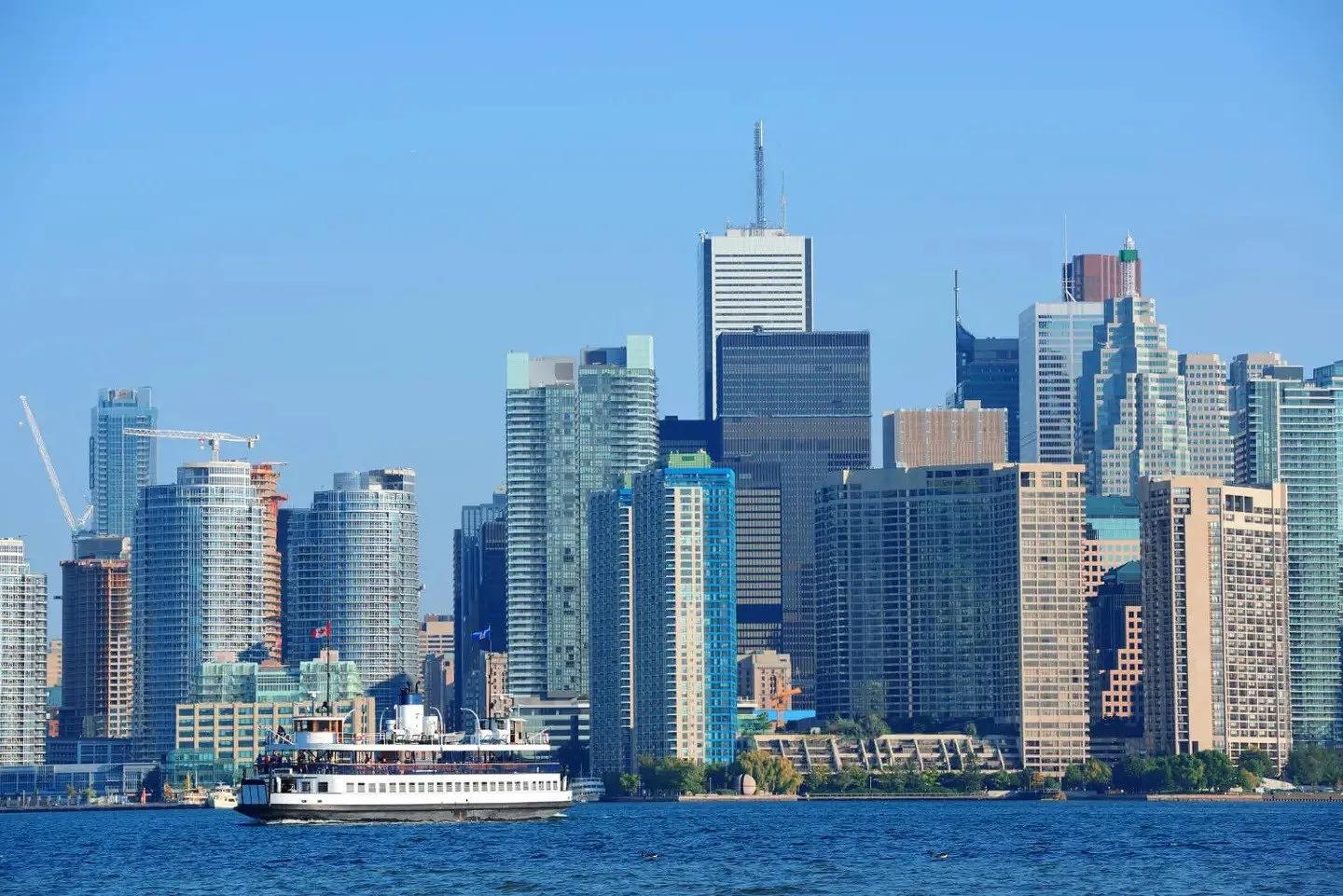What is a Condo Reserve Fund
October 3, 2022

What is a reserve fund?
A reserve fund is possession in form of cash, kept for meeting future expected and unexpected obligations by the condo corporation. It is usually kept or set aside to meet emergencies, pay for repairs, replacements, possible litigation, etc. A percentage or proportion of money is deducted from the operational funds to contribute to the reserve funds.
How does a reserve fund work for condominiums?
A reserve fund assists in meeting the future damages incurred by the condominiums. This allows for repairs to the building. The amounts of funds may vary according to the assessment of the Homeowners Association (HOA) but a basic idea of maintaining a reserve fund for condos is to deposit monies in an account with compound interest so that over time, buildings can meet the expenses for repairs, replacements, and updating.
What is a condo reserve fund study?
A study or analysis is carried out under the supervision of the board of directors or the HOA of the condominium every three years, by experts which determine the amount required to keep in the reserve funds to be able to meet upcoming forecasted expenses for maintaining the condo building. The HOA later uses those funds when required for renovation and maintenance.
This amount can vary from year to year and there is no fixed approximation to predict the number. The monies collected in the reserve fund are usually just a suggestion by experts to keep due to uncertainty and unpredictability of future circumstances and weather conditions. Once the analysis of the future proportion of condo fund reserve is completed, the changes should be implemented within 4 months, by the condo board. The owners have the time of 15 days to review the study and within a month, all necessary changes must take place.
Expenditures are carried out under the reserve fund and maintenance of the account.
Old premises may require more funds for maintenance as compared to a newly constructed building. Premises built recently may require expenses of landscaping, pathway improvements, maintenance of the roof, repair of fences, playground equipment such as slides, etc, which can be covered by the finance acquired through reserve funds.
A relatively older condominium building may have expenses such as; replacements and installations of lifts, equipment such as generators, reconstruction, and maintenance of garages, terraces, pipelines, etc. If the reserve funds do not possess a sufficient amount of monies, the condo board can charge a “special assessment” from the owners to carry out those particular repairs or construction. To avoid special assessments, owners and the board needs to ensure that there are enough monies available in the reserve to meet the expenses of the premises. An incompetently managed reserve would end up in more of these assessments, fines, and dues to be cleared by the owners.
Importance of reserve funds’ study
An efficiently accounted study of maintaining the reserve funds would not only provide the board with sufficient funds but would also help avoid special assessments and arrears for the owners. With the depreciation of premises, there would certainly be more need for cash in form of reserves to carry out repairs and reconstructions to maintain a similar standard of living as before. Moreover, the proportion devoted to the reserve fund from the operational funds can be incremented, such from 5% to 15%, etc. to acquire sufficient cash for the future.


